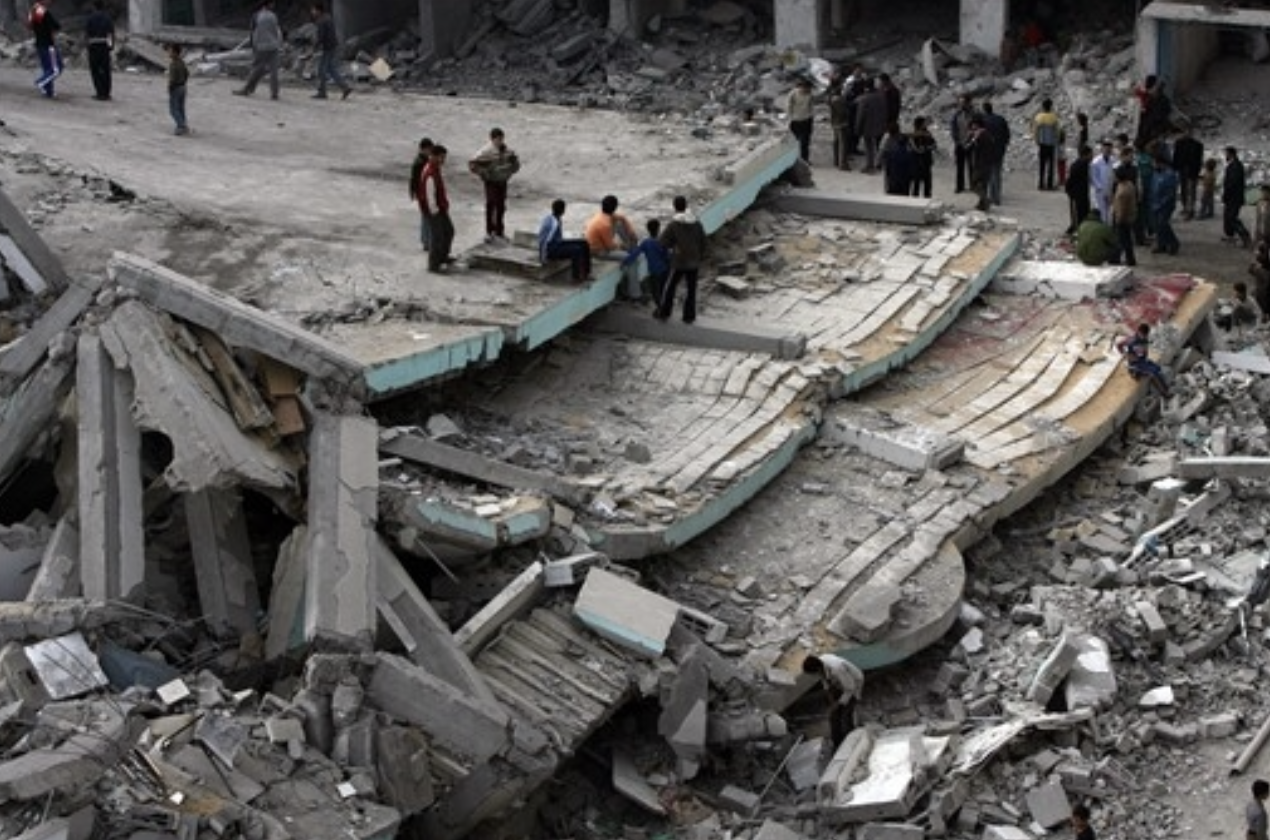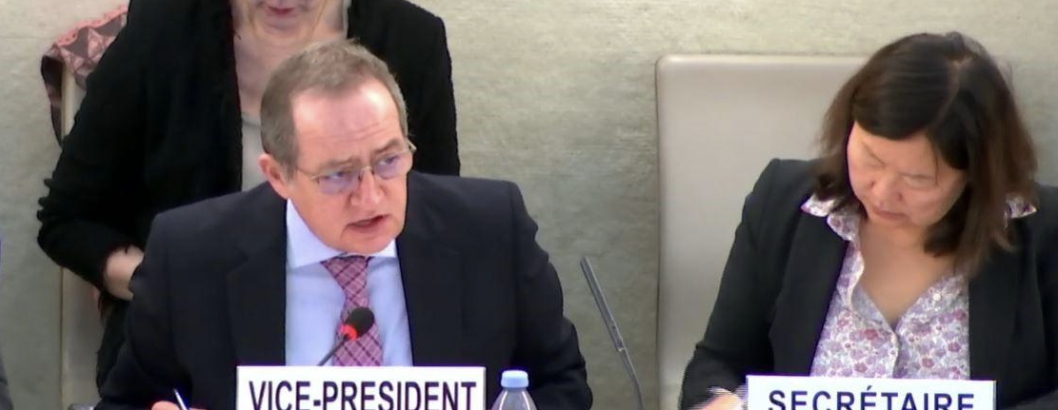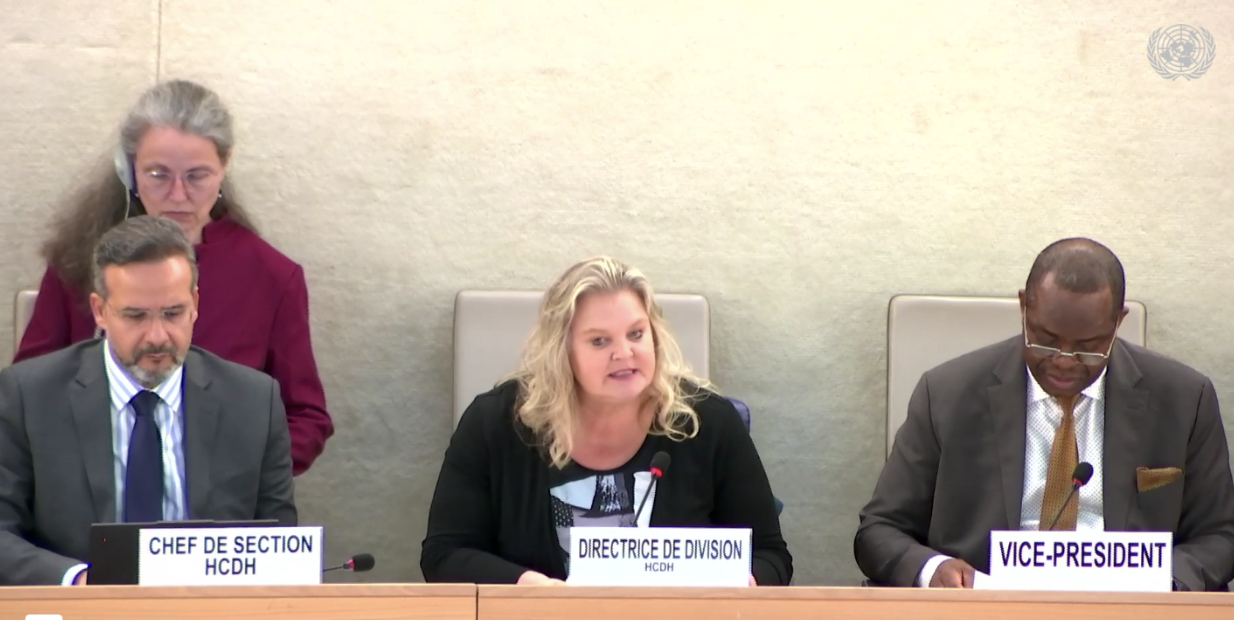International Day for the Prevention of Violent Extremism as and When Conducive to Terrorism, 12th February

Violent extremism stands as a challenge to the foundational principles of the United Nations, imperilling global peace, security, human rights, and sustainable development. Recognising the pressing need for action, the international community annually observes the International Day for the Prevention of Violent Extremism on 12th February, reaffirming a collective dedication to peace, justice, and human dignity.
The humanitarian toll of violent extremism is profound, exacerbating existing crises and uprooting millions from their homes. Its impact reverberates across various global crises, exacting a heavy toll on communities and individuals alike.
United Nations Comprehensive Strategy
The International Day for the Prevention of Violent Extremism serves as a poignant reminder of the imperative for collective action to address the root causes of extremism, mitigate its impact on vulnerable populations, and foster global peace and stability. The flux of migrants seeking refuge and foreign combatants drawn into conflict zones further destabilise regions already grappling with turmoil. However, while unequivocally denouncing violent extremism, it is imperative to acknowledge its genesis. Grievances, injustice, and governance deficits provide fertile ground for extremist narratives, proffering false assurances of empowerment and change.
In tackling the multifaceted challenge of violent extremism, the United Nations has proactively advanced measures; the designation of 12th February as the International Day for the Prevention of Violent Extremism underscores a commitment to heighten awareness and bolster international collaboration. The General Assembly, recognising the primary responsibility of Member States, underscores the pivotal role of diverse stakeholders, including intergovernmental bodies, civil society, religious leaders, and media outlets, in countering terrorism and precluding violent extremism.
Central to these endeavours is the Plan of Action to Prevent Violent Extremism, championed by the Secretary-General and endorsed by the General Assembly. This comprehensive strategy transcends conventional security approaches, advocating a holistic paradigm that addresses the underlying drivers of radicalisation. Encompassing over 70 recommendations, it enjoins concerted action by Member States and the United Nations System to stem the proliferation of violent extremism and cultivate resilient communities. The multifaceted Plan of Action underscores the need for a coordinated and integrated approach to curbing violent extremism.
Conflict Prevention
Human Rights Promotion, Good Governance, Education, and Social Inclusion stand as pivotal pillars in the endeavour to counter violent extremism. Championing conflict prevention initiatives involves redressing grievances and fostering inclusive dialogue, with executed peacebuilding programmes in post-conflict regions facilitating reconciliation and forestalling the resurgence of violence. Similarly, upholding and propagating human rights serves to counter extremist narratives, exemplified by the formulation and implementation of educational initiatives that nurture a culture of respect and comprehension around human rights values.
Strengthening governance frameworks, exemplified by enacting anti-corruption measures and instituting accountable institutions, cultivates public trust and resilience against extremism. Educational enhancements, such as integrating curricular modules promoting inclusivity and critical analysis, empower students to resist extremist ideologies. Meanwhile, fostering social inclusion through community development projects mitigates the allure of extremist entities, particularly for vulnerable cohorts. These initiatives underscore the necessity for a holistic and integrated approach, addressing root causes and engendering resilient communities. The collaborative efforts of Member States and the United Nations System are indispensable in implementing these recommendations, shaping a global response to the intricate challenge of violent extremism encapsulated in the United Nations' Plan of Action.
Case Study: Countering Violent Extremism in Kenya
In Kenya, the government, reinforced by international allies and civil society organisations, has implemented strategies to combat violent extremism, particularly in regions such as the coastal areas and the northeastern territories, where radicalization has emerged as a significant concern.
Emphasising community engagement as a central strategy, the Kenyan government prioritises the involvement of indigenous leaders, including religious figures and tribal elders, in identifying and addressing radicalization in its early stages. Community-driven initiatives, such as dialogue forums, youth programs, and vocational training initiatives, aim to provide viable alternatives to extremist ideologies.
Concurrently, educational and youth empowerment programs are tailored to address the susceptibility of young people to extremist influences. These initiatives focus on nurturing critical thinking, tolerance, and resilience against extremist propaganda while offering avenues for skill development and employment, thus diminishing the appeal of extremist factions.
In tandem with community-centred approaches, the government implements robust security measures to counter extremist activities. Enhanced intelligence gathering, reinforced border surveillance, and law enforcement operations are calibrated to dismantle extremist networks and suppress the spread of violence.
Moreover, Kenya actively engages in regional and international cooperation efforts to address cross-border threats posed by extremist groups. Collaborative ventures with neighbouring nations and international partners facilitate information sharing, capacity building, and coordinated responses aimed at preventing violent extremism.
Geneva International Centre for Justice (GICJ) asserts that violent extremism, exemplified by groups around the world, poses a grave threat to global peace, security, and human rights. Recognising February 12th as the International Day for the Prevention of Violent Extremism, we advocate for a comprehensive approach involving conflict prevention, human rights promotion, good governance, education, and social inclusion. Additionally, we support initiatives like the United Nations' Plan of Action to Prevent Violent Extremism and encourage international collaboration to combat this pressing issue.
#PreventViolentExtremism #GlobalJustice #PeaceBuilding #HumanRights #UnitedAgainstExtremism #CVE #GICJ #InternationalCooperation #JusticeForAll #EndViolentExtremism #UNPlanofAction #Geneva4Justice #NoToTerrorism #BuildingPeace #CommunityResilience







